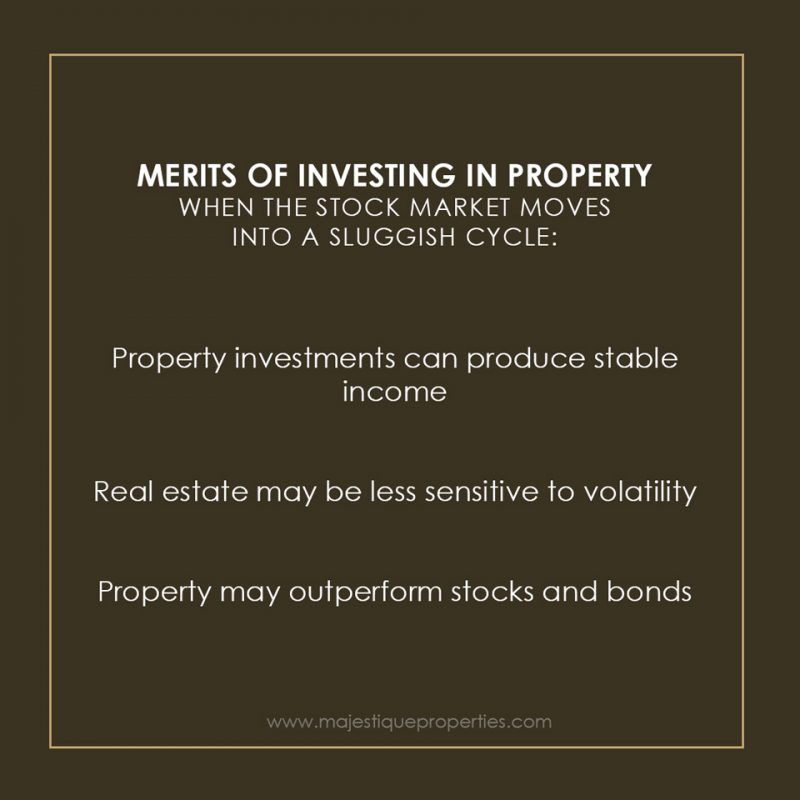The coronavirus has created an economic storm that is putting stress on several business sectors ranging from transportation to hospitality and agriculture. But an economic slowdown may be a reason to buy real estate since this investment speaks to a variety of investor needs, including diversification and income generation. So it is important to understand the value of property investments in a portfolio during a recession.
Real estate markets of Bengaluru and Pune to recover fast post COVID-19. The outbreak of COVID-19 has impacted real estate activities across the country, however had the least impact on the home buyers’ sentiment in the markets of Bengaluru and Pune.
“Real estate is an interesting asset,” says Mihal Gartenberg, an agent at New York-based Warburg Realty Partnership. “When the stock market is doing poorly, investors who are looking for other opportunities find that real estate is a safe haven.”

Gartenberg says incorrect assumptions about real estate prices and recessionary environments can keep investors from pursuing a property investment, whether it is a real estate investment trust, known as a REIT, or buying rental properties.
“The fact that the last recession was caused by the real estate bubble has remained strong in investors’ minds, making them think that recessions lead to depressed real estate prices,” she says. “Even though during three of the last five recessions, real estate values actually increased.”
A recession can be the best time to invest in real estate, says Jim Egan, head of commercial real estate banking and senior vice president at Bryn Mawr Trust.
“An investment in a real estate investment trust is also an option that involves less capital and may add diversification to your portfolio.” Egan says.
Should You invest in Real Estate during a Recession?

- Property Investments Can Produce Stable Income:-
Regarding stability, Jason Laux, advisor at Synergy Group, states that “Consistency of the yield is what makes real estate investments more suited for riding out a recession.” Monthly rent payments do not fluctuate during a recession. Additionally, the ability to increase the rent when renewing leases allows investors to keep up with inflation and changing interest rates. - Real Estate May Be Less Sensitive to Volatility:-
The low correlation that real estate has with stock market fluctuations makes it a reliable choice. People will always need places to live, work, and access services, even during a recession, which means that the market will continue to exist. Diana Hill, of OTA Real Estate, states that “Value on paper may change, but value, as it relates to the yearly income, doesn’t tend to vary as quickly.” However, investment in retail, industrial, or office space may be riskier during a recession than investment in homes, since commercial tenants may be more affected by a slower economy. - Property May Outperform Stocks and Bonds:-
Finally, real estate investments are not tied to the stock market, and wise property investments during a recession can give higher returns than stocks and bonds. Investors can purchase properties at discount prices when the supply is high, and there is low demand. They can then position these as rent-to-own or rental properties, gaining a regular monthly income. When the time is right and the demand is higher than the supply, they can sell for a profit. These are long-term investments, and the quality and return potential of each property should be carefully assessed.
Source: www.finance.yahoo.com






